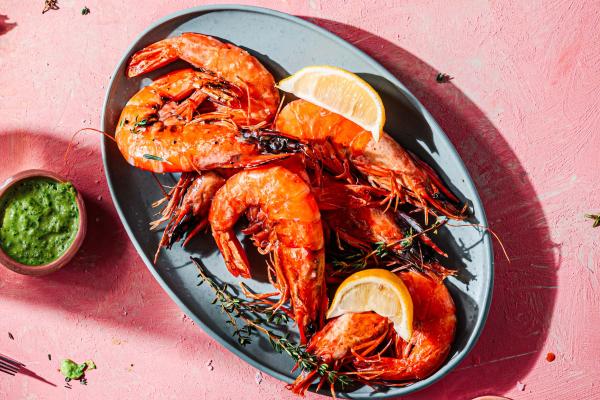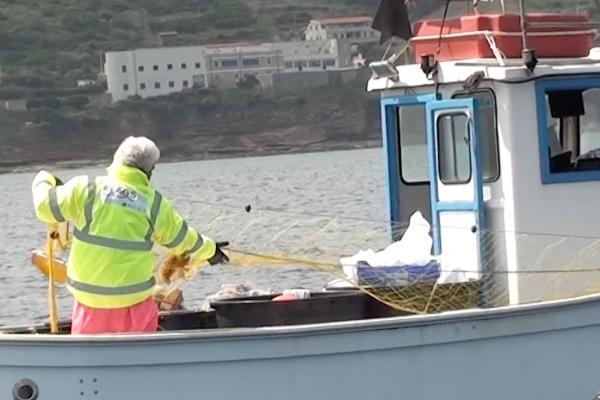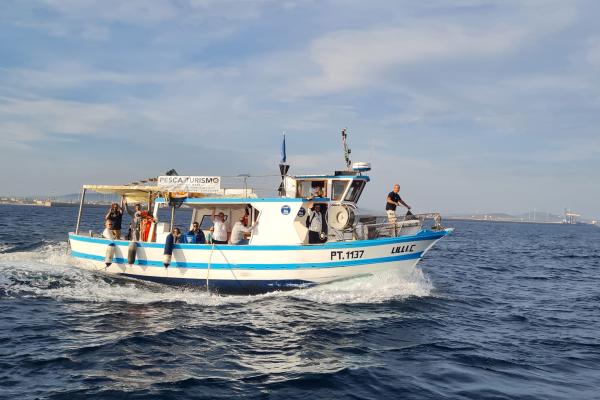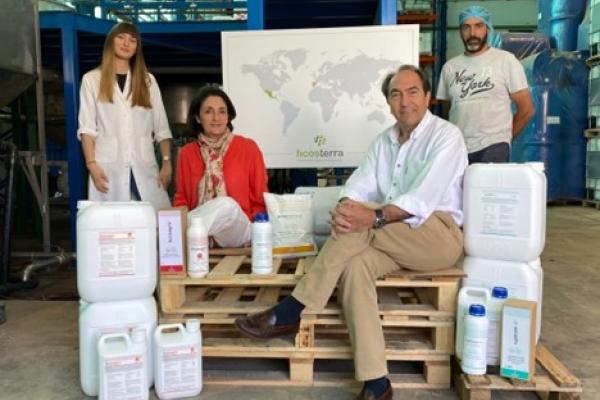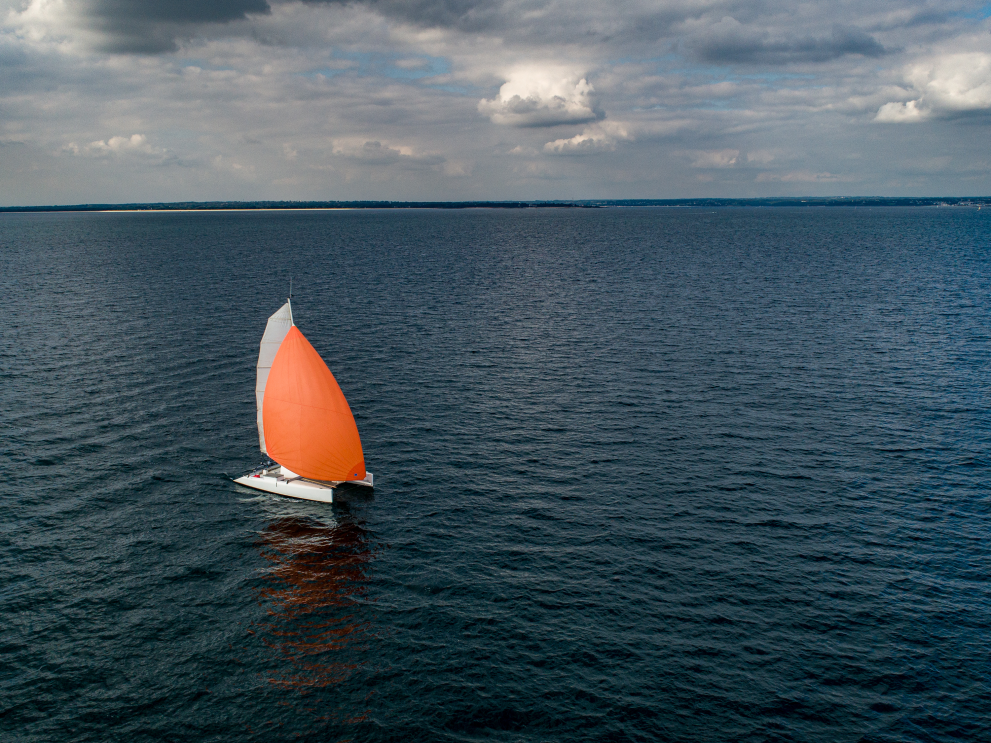
The wind is a free and sustainable energy source offering maritime activities a tremendous opportunity to move away from fossil fuels. The Skravik project, based in Finistère in Brittany, is reviving wind propulsion for artisanal fishing. Thanks to EU support, the project has been able to fund its first prototype catamaran. The project's ultimate goal is to reduce the environmental footprint of fisheries in coastal areas by reintroducing sailing as a way of sourcing food sustainably.
A second-hand catamaran turned into a fishing laboratory
The Skravik project started in 2017 with scientific expeditions before being transformed into an entrepreneurial project in 2020. Founder Tangi Le Bot, a professional sailor and doctor in marine ecology, was quickly joined by a team of scientists, engineers, and professional sailors.
Thanks to the European Maritime and Fisheries Fund, Skravik was able to purchase a second-hand pleasure catamaran, a Corneel 26. After being upgraded to a working sailboat during the second half of 2021, the vessel is now being tested under real fishing conditions with traps, longlines, lines and nets. The maritime territory of Brest, which provides a safe sailing area throughout the year, is a great place to develop a real “open-air laboratory”.
Fishery-ecology: combining fisheries and sustainability
The fishing activity envisaged by Skravik is based on the principles of fishery-ecology, the maritime equivalent of agro-ecology. The project partners are also studying how to distribute seafood in local chains with the minimum of food miles, seeking cooperation with consumers to make the most of all the species caught. In parallel the project aims at enhancing the value of the profession of sailors by involving them in a cooperative way in the management and by proposing a balance between the time on board and the involvement on land.
Results expected by the end of 2022
Skravik plans to make the know-how they developed available to other projects. Anyone who wants to incorporate the project’s building blocks into their own projects will receive appropriate support and training. The aim is to promote the emergence of similar projects in other maritime territories. Skravik is also ready to continue the research and also look at the applications of the technology on larger vessels, other fishing techniques, and offshore fishing.
Small-scale fisheries and energy transition
Currently, small-scale fisheries account for 80% of the EU fishing fleet and contribute to half of the total employment. Projects such as Skravik represent one the possible avenues for the energy transition of the artisanal fisheries sector, especially in the context of the current energy crisis caused by Russia's war in Ukraine and the aftermath of the Covid-19 pandemic.
There is a need to develop long-term approaches to make the sector resilient and sustainable. To that end, the Commission has launched a call for evidence to gather feedback on a new initiative to help accelerate the energy transition of the EU fisheries. You can send your feedback until 5 December.
Details
- Publication date
- 29 November 2022
- Author
- Directorate-General for Maritime Affairs and Fisheries

